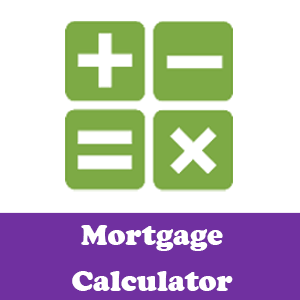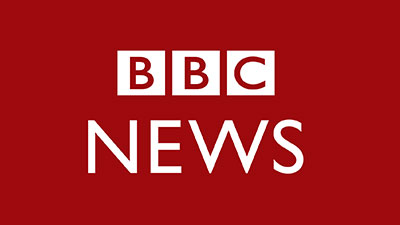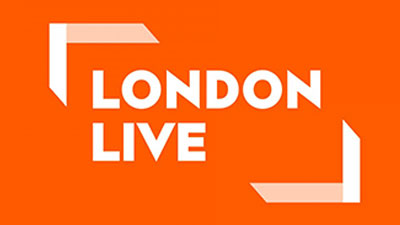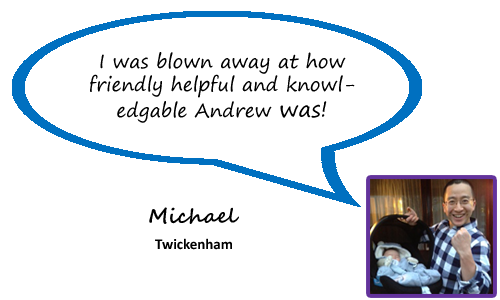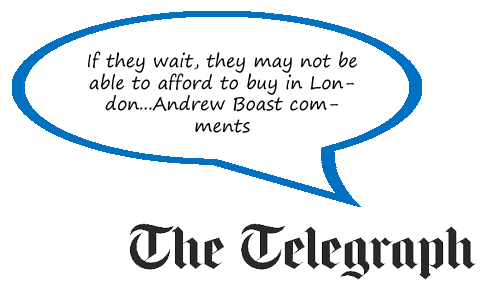There are two main types of mortgage:
Repayment– you repay both the capital (the money lent to you) and the interest charged on it each month, until you have repaid the full loan at the end of the term.
Interest only– you only pay the interest on the loan each month, so your debt stays the same size. With this type of mortgage you must have a repayment vehicle in place such as a saving or investment plan, to build up money to repay the loan by the end of your mortgage term. You should regularly track the progress of this repayment vehicle to ensure it will pay off the amount borrowed.
Borrowers can also choose special deals on the interest they pay. These then revert back to the lender’s standard variable rate (SVR) – usually between one to five years later.
If you have an interest only mortgage you and don’t have a savings solution to pay off your mortgage because you think the sale of the property will covering it; you could be in trouble. Just paying off interest is the same as renting, but at least with renting if there is a downturn in the property markets you won’t be effected. Sadly, if you are just paying the interest off on your property and there is a downturn in the housing market, you could find yourself in negative equity; unable to sell or remortgage because the mortgage you have is more than the property is worth. If you can afford to do a repayment mortgage you should do this. If you are in negative equity, Share a Mortgage can help – call us on 0333 344 3234.
Call 0333 443 234 Click to book a free independent mortgage broker consultation
Call to find a local mortgage broker
The mortgage interest rates available
Fixed– where the mortgage interest rate you pay is fixed for a set period. Repayments remain the same during this time, regardless of other interest rate rises or falls.
Fixed mortgage interest rates normally last for a minimum period; 2, 3 of 5 years. After the minimum period the mortgage interest rate reverts to the mortgage lender’s standard variable rate and this varies depending on mortgage lender. Some Standard Variable Rates are 3.99% above the Bank of England base rate; however this will change once base rate goes up so watch out for this and read your mortgage in principle carefully.
Tracker– These are variable rate mortgages and therefore the amount you pay each month can vary. Some tracker mortgages track the Bank of England Base Rate, others track their own base rate, for example NatWest trackers track the NatWest Bank Base Rate plus a set percentage. If Base Rate goes up or down, so will your monthly mortgage payments.
A tracker mortgage in 2008 would have been great because the Bank of England base rate was high but then it went down to a record low of 0.5% which means there are many fortunate people who are paying very little interest on their mortgages (very good!).
Tracker deals are not good when the Bank of England base rate is low because it is likely to go up in 2015/2016 and then so will your mortgage interest rate (not good!).
Offset– where deposits are kept in separate accounts but linked so that they are all taken into account when calculating interest. If you deposit more money, your balance reduces. You can also apply to withdraw money – if you do this, then your balance will increase.
Offset mortgages are primarily used by people who want to pay their mortgage off faster than the full term and will every month pay their earnings into an account which is offset against the mortgage.
Use Our Free Mortgage Calculator


